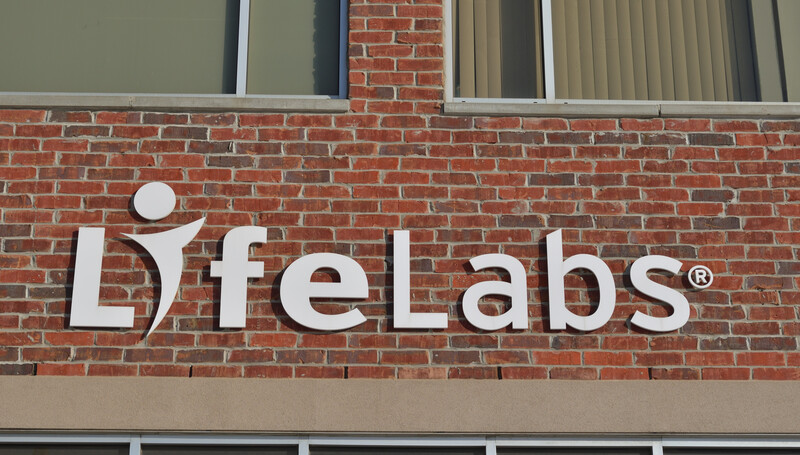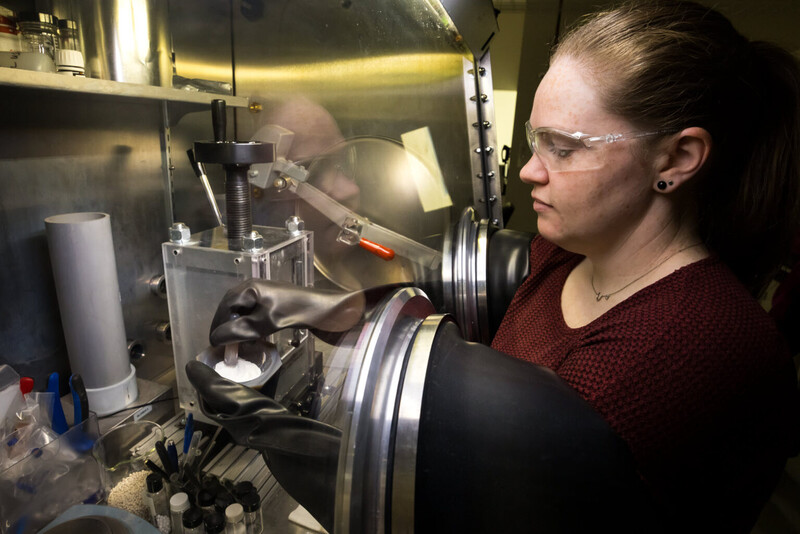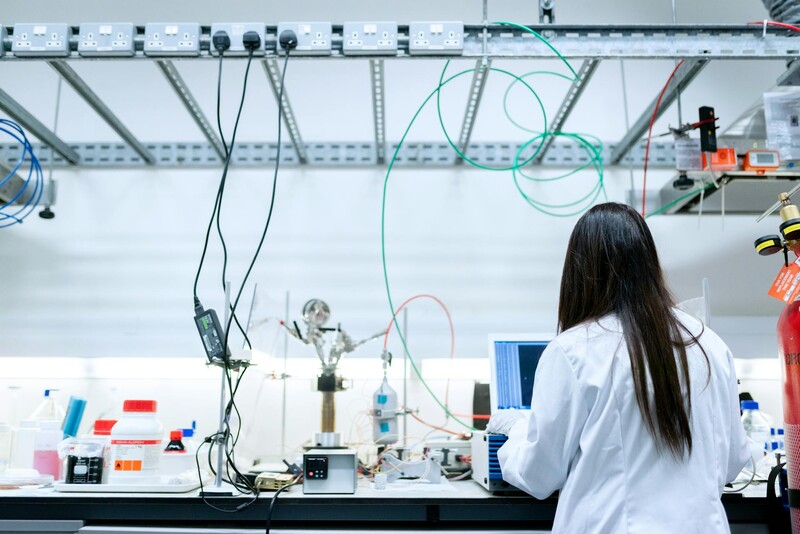If we’re still in a “vibecession,” someone forgot to tell the stock market — over there, things are better than ever.
What happened: The S&P500 cracked a new all-time high at the end of trading last week, closing at 4,839.81, just past the previous record set in January of 2022.
.jpg)

.png)
%20(4).gif)


.png)

.png)


%20(5).png)
.png)

%20(3).gif)


.png)

